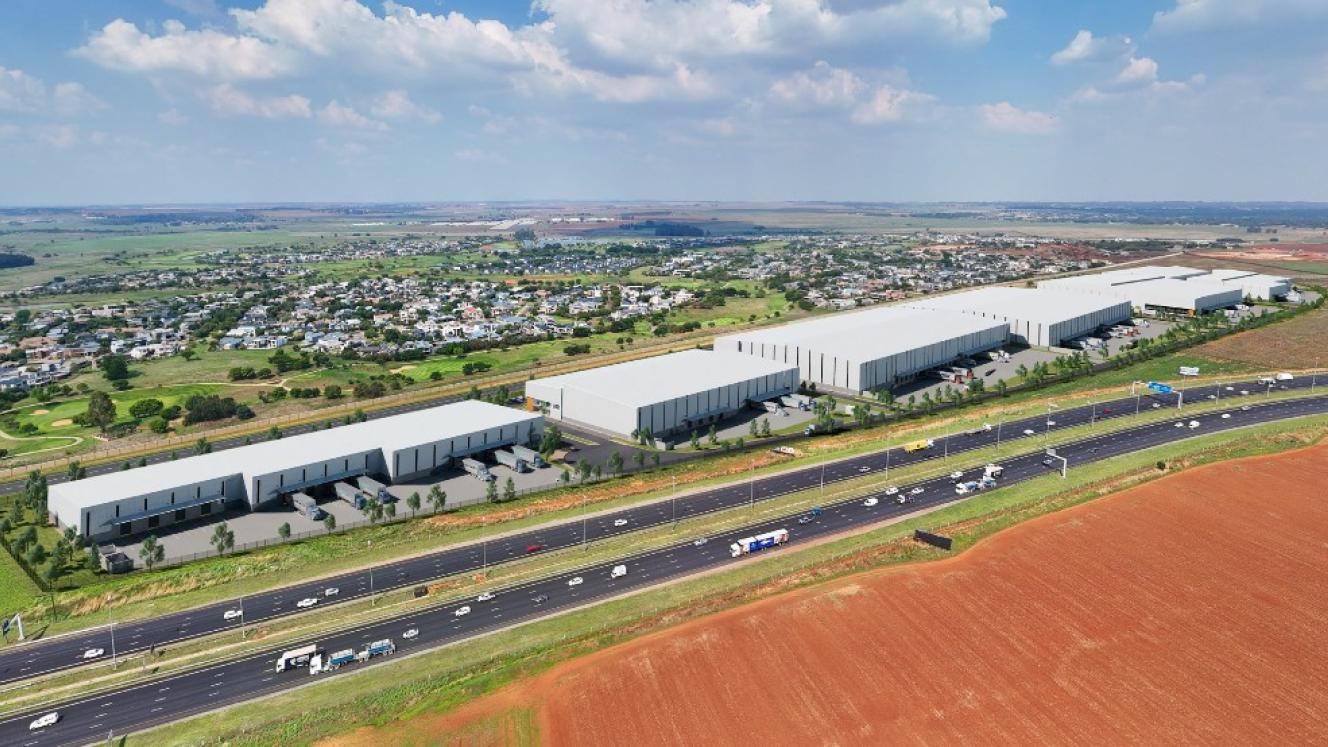Tiger Brands should fund a partial worker’s equity buyout of its Langeberg and Ashton fruit canning factory as reparations for the part it played in the historic almost decade-long bread price-fixing scandal that rocked the country.
This is the call from trade union Cosatu, which has thrown its weight behind the 250 workers at the Tiger Brands Langeberg and Ashton canning plant and some 4300 farm workers who face imminent job losses as the factory’s closure looms.
Cosatu’s parliamentary officer Tony Ehrenreich, writing in an open letter of support to workers, said the decision to close the plant “spells disaster for all the workers from the surrounding towns and workers in the value chains in agriculture”.
“Don’t expect Tiger Brands to be concerned about the workers’ jobs and the negative impact on the South African economy. Tiger Brands was the company that was involved in the bread price-fixing, which price manipulation had contributed directly to the poverty and hunger of the poor in South Africa,” Ehrenreich said.
He alleged that the firm’s management had “refused the workers the right to meet on the factory premises, so solutions can be found to keep Langeberg Canning open”.
Ehrenreich said Cosatu had met with workers and communities in the area on Sunday and a decision had been made to “keep the company open, so they can defend the jobs and industrial capacity”.
“Discussions must now focus on making the company more effective and to put together a consortium to buy the company. This consortium must include workers having a substantial stake in the company, that would be equal to the gap between the offer and the asking price on the table,” Ehrenreich said.
“Tiger Brands should allocate the value in the company, in excess of the offer made, to the workers and communities. This is the only way to guarantee the survival of the company into the future and guarantee its positive impact in the community. This gap, we are told, is between R300 and R400 million and it must be converted into equity that goes to the workers. This R400m can be part repayment of the financial misappropriation that Tiger Brands was involved with through the bread price collusion,” he said.
The Competition Tribunal fined Tiger Brands R98m after it admitted that it had colluded with rivals to fix the price of bread between 1999 and 2007.
Asked to respond to Cosatu’s allegations about blocking worker meetings, a spokesperson for Tiger Brands said: “Tiger Brands has been engaging meaningfully with representative unions at the facility and this is ongoing. These include Solidarity, Fawu (Food and Allied Workers’ Union) and BWAWUSA (Building, Wood and Allied Workers Union of SA), who are not affiliated to Cosatu.”
The firm earlier said that a consortium of farmers who had been negotiating to buy the factory as a going concern had been between R300m and R400m short of the purchase price for the factory. As a result the firm had given workers notice of a 60-day consultation period regarding its decision to close the factory.
Western Cape Premier Alan Winde, agriculture MEC Ivan Meyer, Finance and Economic Opportunities MEC Mireille Wenger, and Wesgro met with executives from Tiger Brands on Monday.
“For the Western Cape Government, ensuring economic growth and job creation is a top priority, so we have been in regular contact on this matter. This was my second meeting with Tiger Brands, and Wesgro has been in constant contact with them, with the aim of finding a lasting solution,” Winde said.
At the meeting, Mary-Jane Morifi, Tiger Brands chief corporate affairs and sustainability officer, said: “Tiger Brands continues to proactively engage with parties interested in acquiring the Langeberg and Ashton (L&AF) business.”
She said it was in the interests of all parties that the business be disposed of responsibly to ensure ongoing operations to sustain the employment of permanent and seasonal workers.
“Tiger Brands’ efforts to facilitate the preservation of jobs included an offer to provide a level of vendor funding and guaranteed offtake if the Growers Consortium was able to raise the necessary funding to continue to operate the L&AF business as a going concern. However, the Consortium has not been successful in raising this required funding,” Morifi said.
Meyer said he had written to Minister of Agriculture Rural Development and Land Reform, Thoko Didiza, requesting her support for the factory in line with the National Department of Agriculture’s Agro-Processing Master Plan.













